Fabian Lim
Efficiently Distilling LLMs for Edge Applications
Apr 01, 2024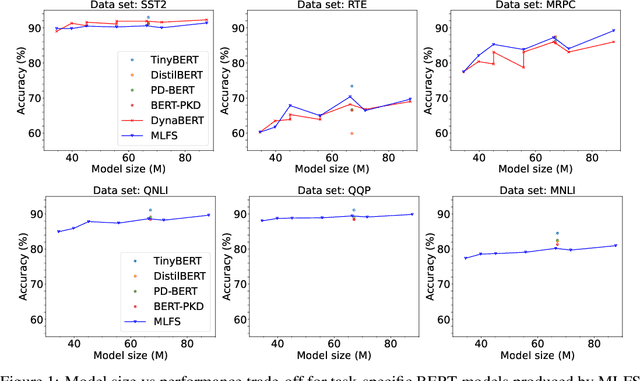
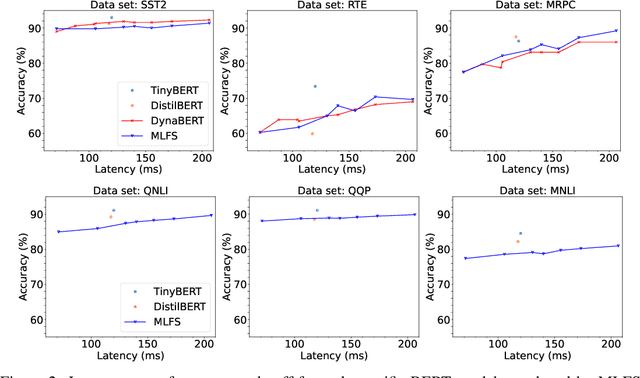
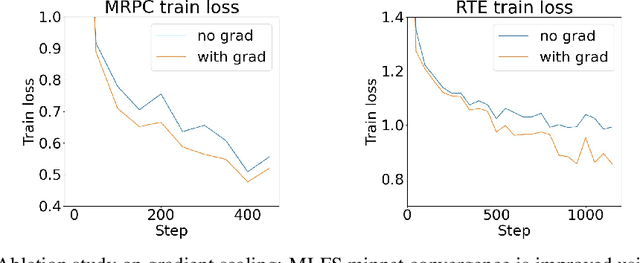

Abstract:Supernet training of LLMs is of great interest in industrial applications as it confers the ability to produce a palette of smaller models at constant cost, regardless of the number of models (of different size / latency) produced. We propose a new method called Multistage Low-rank Fine-tuning of Super-transformers (MLFS) for parameter-efficient supernet training. We show that it is possible to obtain high-quality encoder models that are suitable for commercial edge applications, and that while decoder-only models are resistant to a comparable degree of compression, decoders can be effectively sliced for a significant reduction in training time.
Order Constraints in Optimal Transport
Oct 14, 2021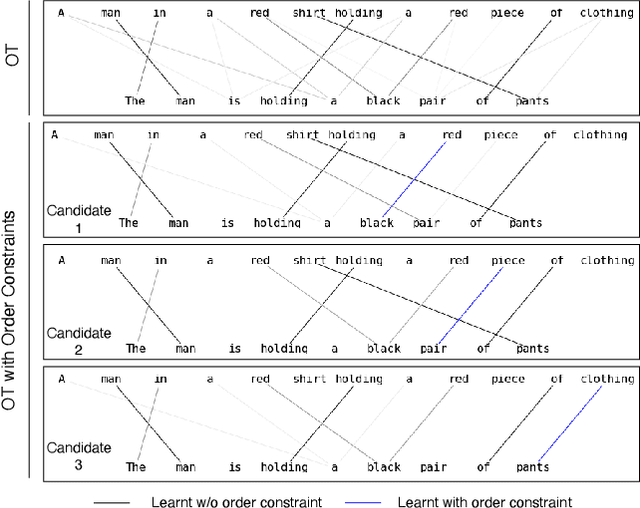

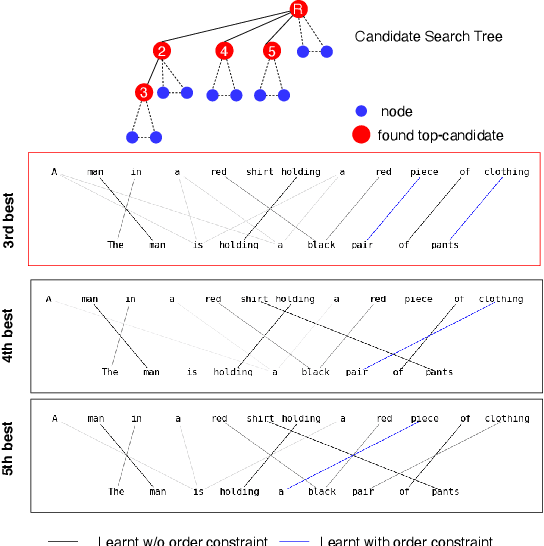
Abstract:Optimal transport is a framework for comparing measures whereby a cost is incurred for transporting one measure to another. Recent works have aimed to improve optimal transport plans through the introduction of various forms of structure. We introduce novel order constraints into the optimal transport formulation to allow for the incorporation of structure. While there will are now quadratically many constraints as before, we prove a $\delta-$approximate solution to the order-constrained optimal transport problem can be obtained in $\mathcal{O}(L^2\delta^{-2} \kappa(\delta(2cL_\infty (1+(mn)^{1/2}))^{-1}) \cdot mn\log mn)$ time. We derive computationally efficient lower bounds that allow for an explainable approach to adding structure to the optimal transport plan through order constraints. We demonstrate experimentally that order constraints improve explainability using the e-SNLI (Stanford Natural Language Inference) dataset that includes human-annotated rationales for each assignment.
 Add to Chrome
Add to Chrome Add to Firefox
Add to Firefox Add to Edge
Add to Edge